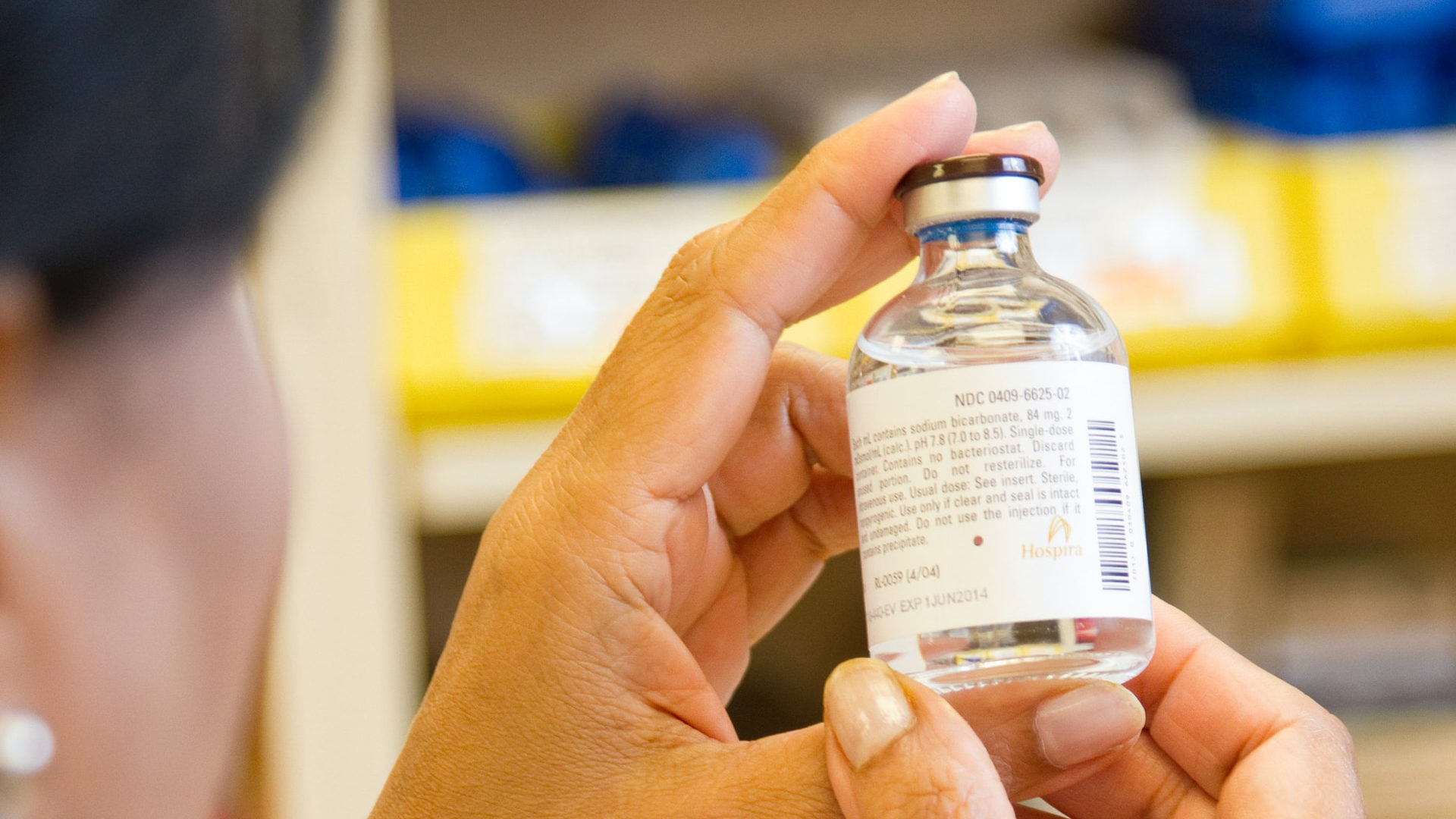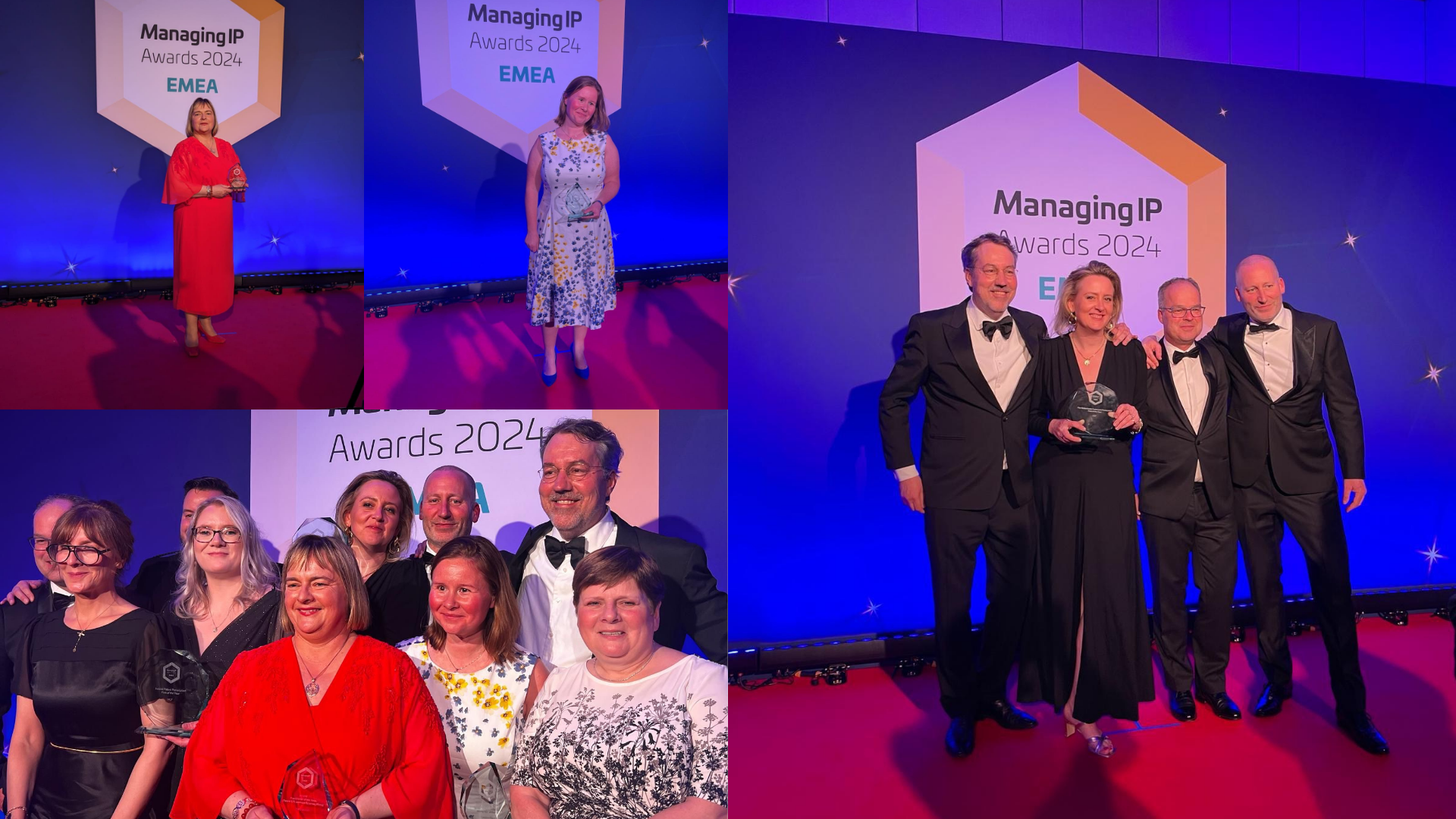News
How medtech start-ups can supercharge their IP for fundraising
March 2023
Why is IP important for fundraising?
Intellectual property (IP) rights underpin the value of most medtech start-up companies.
IP rights include patents, design rights, trade marks, copyright and trade secrets and exist to protect certain commercially valuable aspects of a business.
By acquiring strong and strategic patent rights, companies can monopolise certain areas of technology and exclude competitors from entering a particular area of the market.
IP rights therefore offer a mechanism for securing a return on investment in innovation and help incentivise the advancement of technology.
For this reason, a solid IP foundation and forward-looking IP strategy is often critical in securing investment.
As of 2020, medical technology was the most active technical field for patent filings at the European Patent Office and it continues to grow.
Therefore, any medtech start-up not giving their IP strategy sufficient attention is almost certainly losing ground to their competitors and putting itself at a disadvantage when seeking to raise investment.
Five IP issues investors may look at
When entering fundraising rounds, start-ups can expect investors to undertake some due diligence around their IP and there are certain aspects of the IP that will commonly be considered.
Knowing what investors will look at will allow an IP portfolio to be positioned and presented in a manner that could make the difference between a successful and an unsuccessful funding round.
1. Ownership
Surprisingly, many start-ups find themselves in a position where other parties own IP that was assumed to belong to the start-up.
This is usually because necessary assignments have not been put in place to provide a continuous and robust “chain of title” between inventors and the company seeking to own a patent.
During due diligence, investors will scrutinise the chain of title for IP rights and ask to see documentary evidence to support a company’s claim to ownership.
2. Technical coverage
Not all patents are created equal and investors will typically consider the scope of patents to check their actual coverage.
As a minimum, they will want to see that the patents adequately cover the commercial embodiment of the invention and ideally cover likely changes that competitors might try to make to avoid infringing the patent.
3. Geographical coverage
A start-up’s IP portfolio should reflect its commercial strategy with key rights existing in commercially important jurisdictions.
Investors will look to see that the geographical spread of the IP portfolio maps onto the commercial strategy and covers areas of likely risk to a satisfactory degree.
4. Status and validity
Patents typically take 3-5+ years to be granted so it is likely that due diligence will take place whilst the status of at least some of a start-up’s patent portfolio is “pending”.
Whilst pending, patent applications are scrutinised by patent against technologies (so-called “prior art”) that existed prior to the application’s priority date.
Investors may form a view on how relevant the cited prior art is, how likely it is that a patent will be granted, and what the scope of the granted patent is likely to be.
5. Freedom to operate
Owning patents and preventing competitors from using proprietary technology is certainly one crucial aspect of an IP strategy.
However, that may be of little value to a start-up if a third party’s patent prevents it from operating freely.
Depending on the proximity to commercial readiness of the product or process, investors may assess or seek reassurance around any freedom to operate issues or efforts to gain an understanding of potential risks.
Preparing for IP due diligence
Medtech start-ups can take steps to favourably position their IP for due diligence and no time is too soon for starting this process.
Start-ups should consult with their IP advisors as early as possible to ensure that tailored advice can be provided and a plan is created for securing key IP within any early-stage budgetary constraints.
The IP strategy should direct where IP protection is to be focussed in line with wider commercial ambitions.
At an operational level it should establish procedures for identifying, documenting and subsequently protecting valuable IP, whilst ensuring that processes are in place for documenting and addressing any chain of title questions and issues.
Start-ups should ask their IP advisors to prepare documents summarising the contents of their IP portfolio, setting out what IP rights exist, their status, the technologies they cover, and the geographical territories they cover.
The IP advisors can also provide helpful summaries discussing the prosecution progress of any pending patent applications, commenting on the invention’s patentability over any cited prior art.
Such comments are particularly beneficial in cases where a seemingly negative examination report has been received on a particular application, and where an initial review by investors may lead to a pessimistic conclusion being unnecessarily reached.
Finally, it is sensible for start-ups to discuss with their IP advisors when and how freedom to operate investigations might be undertaken.
For many start-ups, budgetary constraints in their early years and a lack of concrete definition around the nature of the eventual commercial product or process may mean that freedom to operate exercises are a lower priority compared with establishing and building an IP portfolio.
On the other hand, depending on the technical field and knowledge of competitors, gaining even a preliminary understanding of the start-up’s freedom to operate position may be essential before embarking on further R&D.
In any case, prior to engaging with investors, medtech start-ups should work with their IP advisors to understand their current position and plans around freedom to operate analysis, and if any potential concerns have been identified, have a plan for mitigating risk (e.g. challenging problematic third party rights).
No matter what stage a medtech start-up finds itself, by considering the questions that investors are likely to ask of its IP in its next funding round and by taking proactive steps to better position its IP portfolio, the chances of success can be dramatically improved.
This article was written by Partner and Patent Attorney, Kieran Killough, for HealthTech World. Read the original article here.































